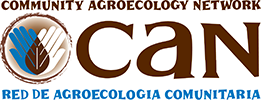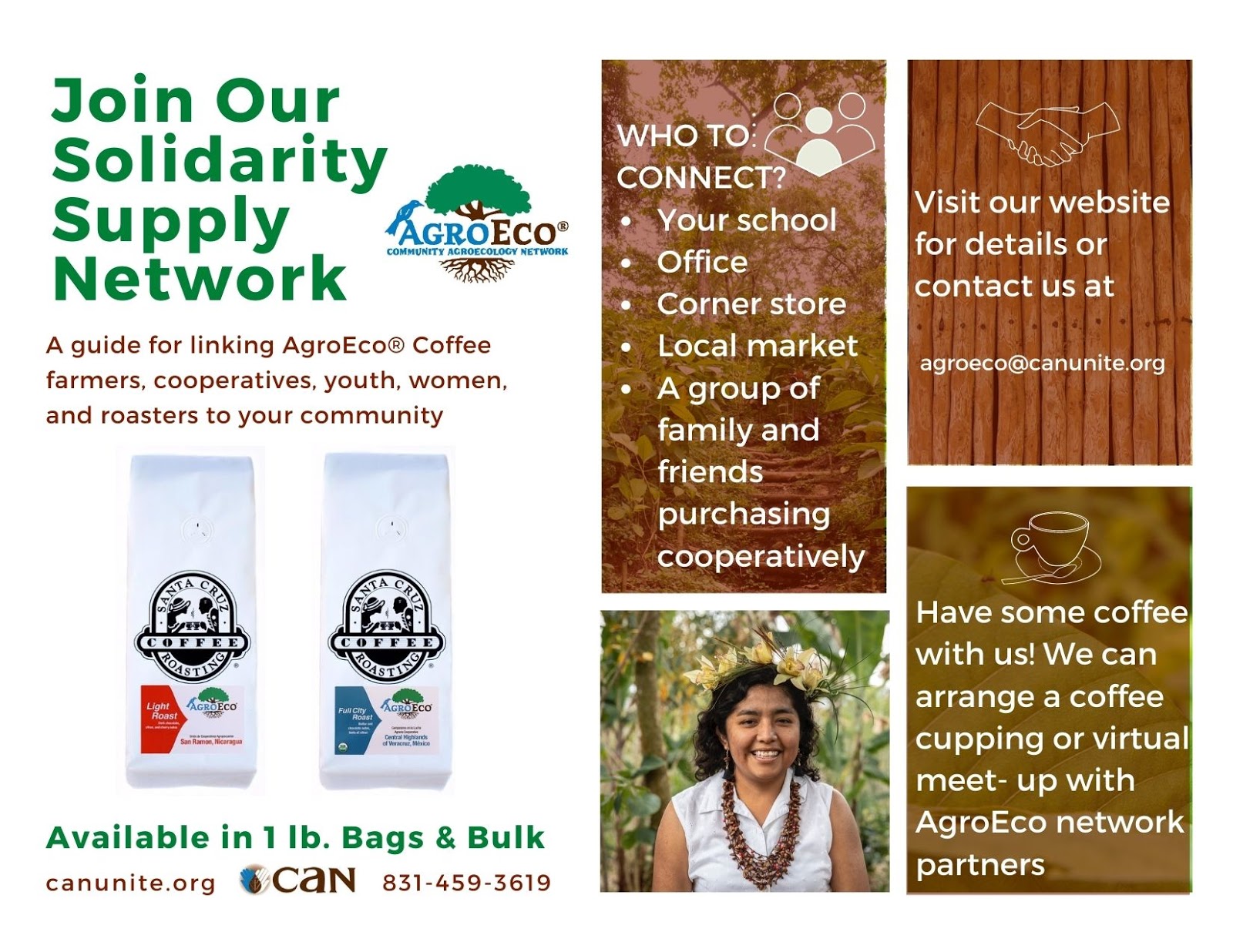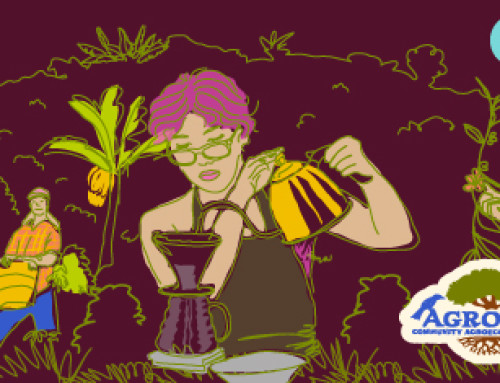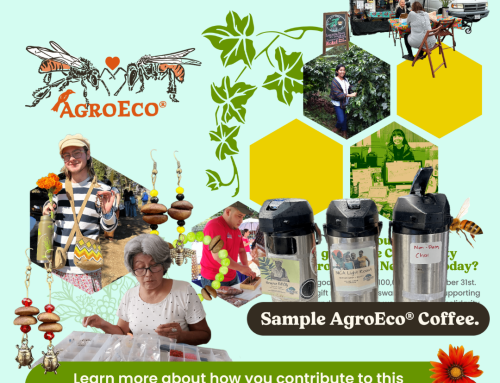Insights from an AgroEco® Coffee Intern
My name is Gianni Castanon. I am a senior in the Environmental Studies Department at UC Santa Cruz, and an intern with the Community Agroecology Network (CAN) focused on their AgroEco® Coffee program. What drew me to AgroEco® Coffee is the organic, sustainable, and transparent business model they have with their customers and farmers alike. Unlike other commodity chains, this model doesn’t harm the world and oppress those that grow coffee. COVID-19 has dramatically decreased the demand for coffee, impacting small coffee producers through lower coffee purchases and lower pricing. While the AgroEco® Coffee solidarity supply network has committed to maintaining its pre-COVID coffee prices, maintaining coffee sales has been difficult.
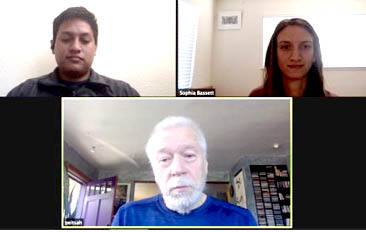
Gianni Castanon, Sophia Bassett, and Peitsa Hirvonen on Zoom interview.
I interviewed Peitsa Hirvonen, a member of this network, to learn more about the AgroEco® Coffee neighborhood buying group that he and his wife, Regina Gilligan, created in Richmond, California, to support small coffee farmers during the pandemic.
In 2019 Peitsa and Regina visited AgroEco® Coffee farmers in Ixhuatlan del Café, Veracruz, Mexico, through VIDA’s community ecotourism project Turismo Campesino. “Walking around the AgroEco® cultivated area, we saw banana trees, macadamia nut trees, food production locally for the people, and the cultivation of a cash crop.”
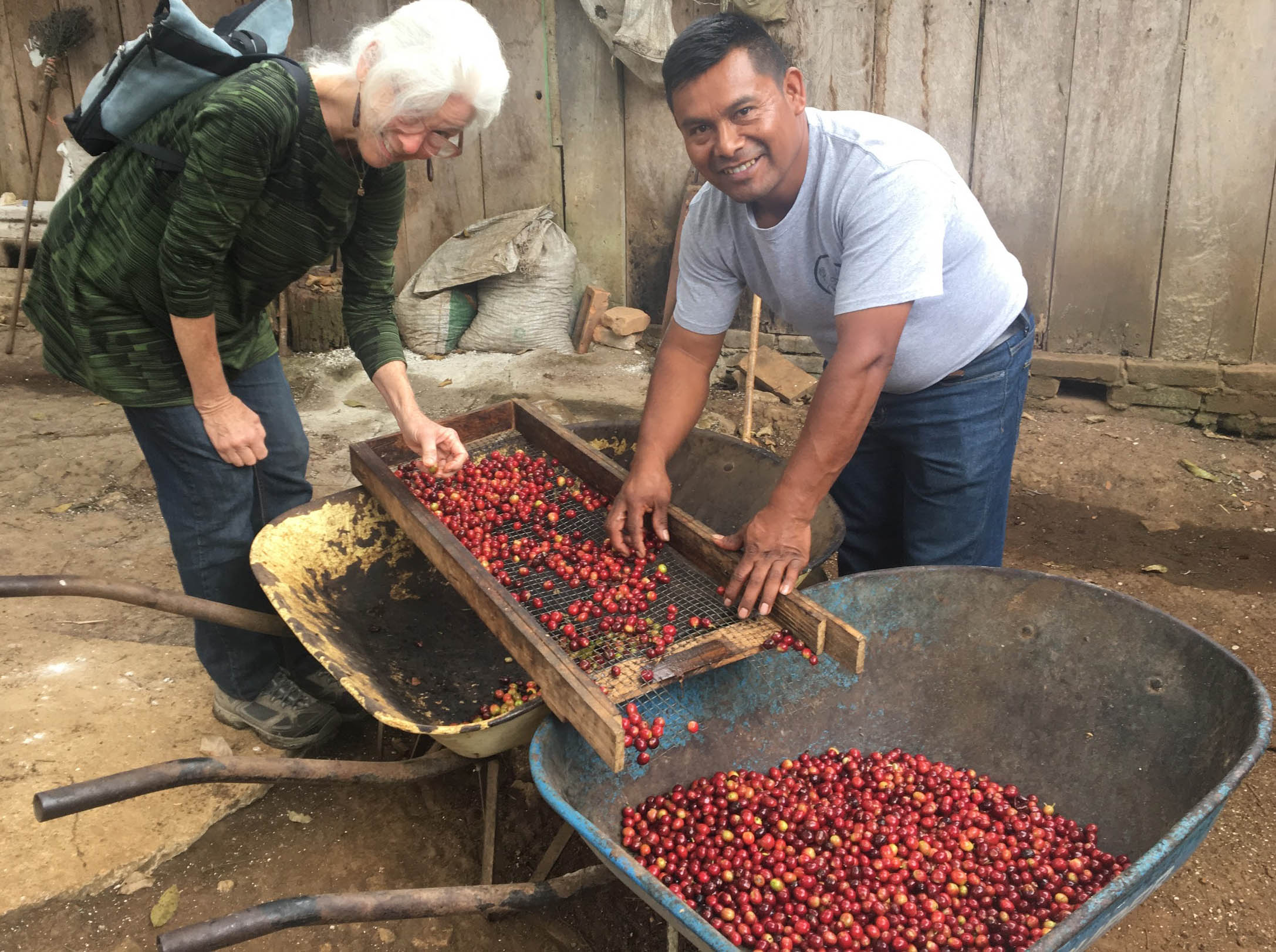
From coffee cherries to pulp
“As well as seeing the coffee process—the plants, picking the coffee cherries—I can remember the family who we stayed with showed us the whole process of developing the coffee beans and what they do with the pulp.”
“While we were staying with that family on the farm, they had a wood-burning stove in the corner of the kitchen and roasted the coffee every morning on a pan over the fire and then hand ground it. That was the coffee we had.” Coffee is roasted in a wood-burning stove.
Staying with a coffee-producing family and walking through a cafetal (coffee forest) deeply connected Peitsa and Regina to AgroEco®’s commitment to the environment, economic sustainability, and food sovereignty. “It certainly gave us a connection to the coffee that we don’t have with any other coffee. I mean, we’ve always bought organic and fair trade coffee, but this was something special!”
In January of 2020, Peitsa and Regina reciprocated the hospitality and hosted AgroEco® Coffee farmers Gisela Palma Illesca and Briseida Venagas Ramos from Campesinos en la Lucha Agraria (Mexico), and Darling Campos Ray and Harold Molinares Huerta from the UCA San Ramón (Nicaragua) when they visited Northern California as part of CAN and EcoFarm’s International Agroecology Delegation.
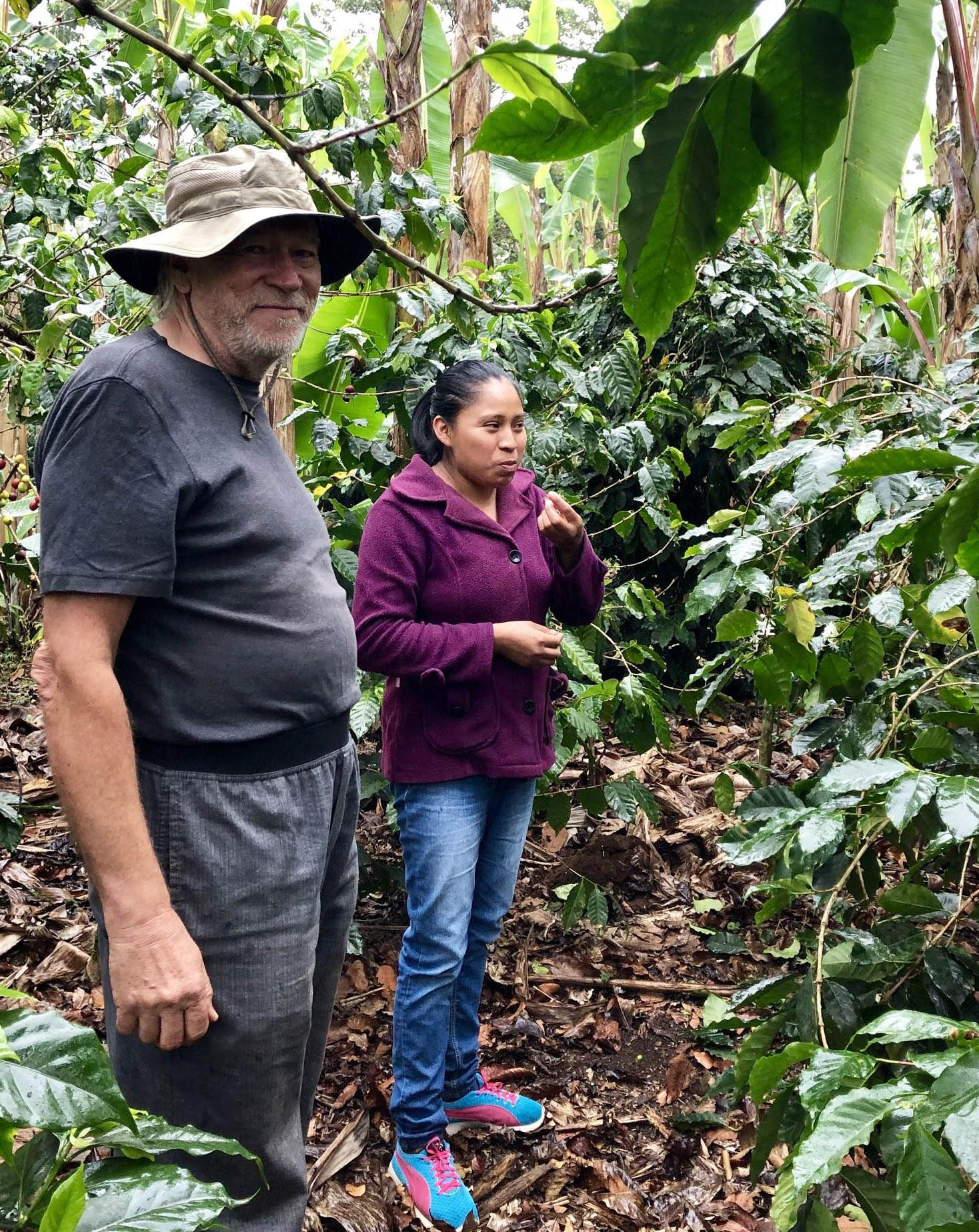
Pietsa with VIDA member in her family’s agroecologically diverse coffee forest
Shortly after, the pandemic hit and coffee sales plummeted. The connection Peitsa and Regina formed to farmers and community motivated them to start a buying group in August 2020 hoping to increase sales to support the livelihoods of coffee farmers. Their buying group consists of 15 members and is still growing. When first starting the group Peitsa shared he would, “run out of coffee at our house because people kept asking for it. I would move [the order] to every three weeks and have increased our order to about $190 worth of coffee.” Peitsa sees this as a model anyone can do. “You know, it doesn’t have to be a large group of people who are doing this…I’m one small group or starter group. But if there are 10 groups or 100 groups, it’s going to be a lot [of coffee].”
Special thanks to Peitsa and Regina for their solidarity and creativity. Personally it’s inspiring. I’ve been thinking about doing this in my own city back in L.A. because many people don’t know about sustainable agriculture systems or where their food even comes from. I want to spread that story and these buying groups in some way just as Peitsa and Regina have done.
